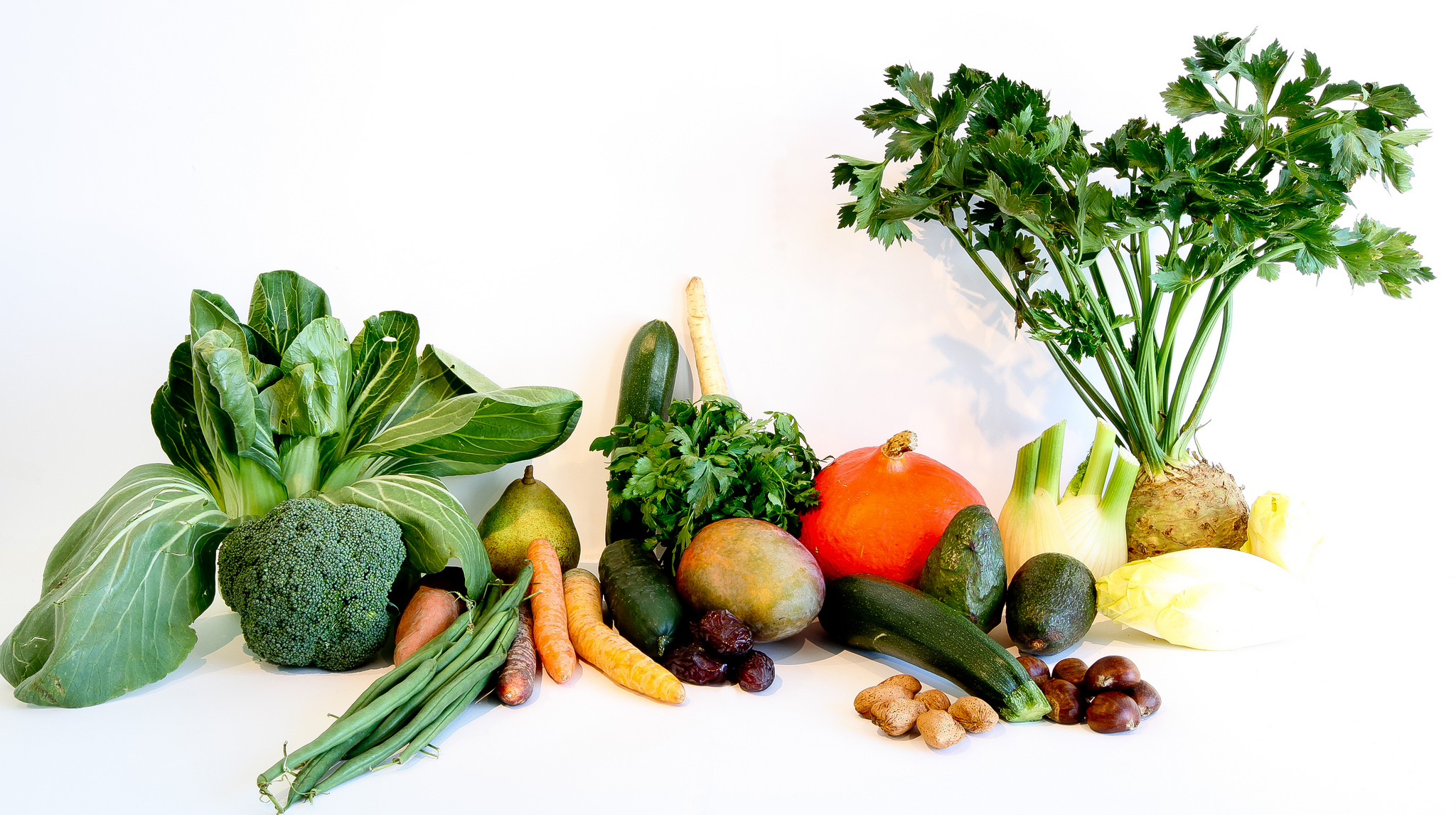“Let food be thy medicine, and medicine thy food.”
–Hippocrates.
Hippocrates is widely revered as the father and founder of medicine as a rational science. His precise date of birth is unknown, but is estimated to have been around 460 BC on the Greek island of Kos in the Aegean Sea.
He is credited with freeing the archaic form of “medical care” at the time from superstition and magic, and identifying disease as the body’s reaction to external infections or internal defects. He defined the primary role of a physician as bolstering the body’s natural resistance to harm — what we now call the immune system.
As the above quote suggests, Hippocrates was a great believer in the importance of a proper diet to the maintenance of good health. He saw that, when people ate mainly a fresh, plant-based diet, they suffered far less from diseases. This was the diet he followed himself, and it’s not surprising that he lived and thrived well into his 80s.
Another of his maxims was directed to his medical colleagues, and by inference to future practitioners of medicine: “Help the sick, or at least do no harm.”
Today’s doctors take that ancient but enduring pledge when they take the Hippocratic Oath, and do so with every intention of keeping it. They can’t be faulted for their strong commitment to their patients’ well-being. However, most of them are preoccupied with treating or trying to cure their patients after they become sick, instead of putting the highest priority on keeping them well.
Of course they do stress the dangers of smoking and overeating, and the need for annual checkups to test for warning signs of bodily malaise. Blood and urine samples are taken, blood pressure checked, the lungs stethoscoped, and other bodily parts inspected. These are all admittedly concerned with detection and prevention, and are to be appreciated.
What is missing for most doctors, however, is a perception of the vital role that diet plays in either maintaining or impairing health. The crucial connection between nutrition and wellness is not generally covered in a medical student’s education. Today’s medical schools don’t give diet the same preponderance that Hippocrates did — if they even bother to include it in their curriculum at all.
As a consequence, it is left to a few courageous physicians, researchers, and food activists to try to re-establish the centrality of food as the best medicine, and the plant-based diet as the best food. Theirs is a formidable undertaking. Their adversaries include the powerful meat and dairy industries, the pharmaceutical companies, the big grocery chains, and the prevailing medical establishment.
The meat- and dairy-based diet is deeply entrenched, and most of the millions who are sickened by it are unaware that what they are eating has anything to do with their poor health. Why should they be? If their schools, their grocers, their governments, and even their doctors assure them that meat, fish, eggs, milk and cheese is not only good for them, but actually essential to their health, why should they ever think otherwise?
Given this dietary reassurance by the “experts,” they fail to connect their subsequent heart attacks, strokes, diabetes, cancers, or other serious diseases to the food they eat. I’m not implying that all such ills are attributable to improper diets, by any means, but the proponents of plant-based nutrition have well-documented studies which point in that direction.
They don’t confine their research to the impact of meat and dairy consumption on people’s health. They connect this detrimental diet to pollution, to deforestation, to the slaughter of billions of pigs, chickens, cattle, and other animals, and even to global warming.
I’m the first to admit that I personally am not the most credible advocate of a plant-based diet, since I’ve managed to live quite well for 91 years while consuming meat and dairy products. But I think I’m very much an exception, and that my longevity is probably due more to luck and lifestyle, and maybe good genes, than to how I’ve fed myself.
In any case, I’ve recently been looking at several documentaries on dietary issues that offer compelling and well-researched reasons for converting to a primarily vegan diet. They were certainly persuasive enough for me to belatedly become a vegan. These films include What the Health, Food Choices, Forks over Knives, and Cowspiracy, and they can be accessed on Netflix.
I strongly urge you to watch them all, but if you decide just look at one, I recommend What the Health.
Image: Flickr/ligthelm
Like this article? Please chip in to keep stories like these coming.





